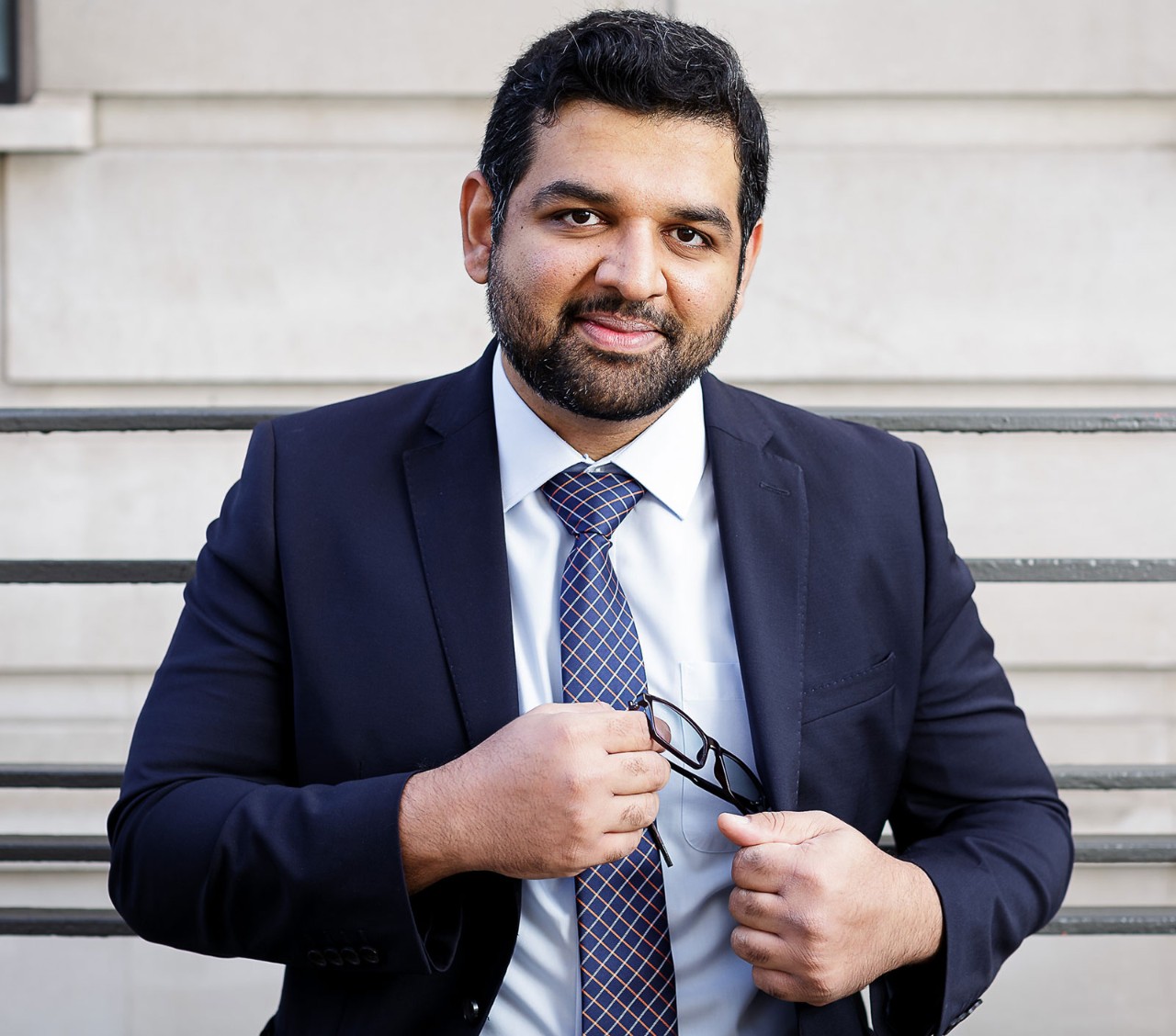
I get very protective about Patisserie Valerie, the café chain that stumbled into accounting scandals and oblivion.
When I was first making my way as a journalist, the original café – long before anyone started building it into a brand and opening umpteen other branches – was in Soho. It had been there for decades and was the only one.
It was where I went for my coffee in the morning. (This was long before the advent of Starbucks and all its lookalikes). When it was someone’s birthday in the office, it was where we bought the luscious cake. We breakfasted on their almond croissants.
The café commissioned a student from around the corner at St Martin’s School of Art to paint huge panels for the walls, evoking the Parisian café paintings of Manet, Degas and Van Gogh. The place was a Soho institution of culture, cakes and pastries.
Vast expansion programme
Fast forward, as the film editing studios that littered Soho in those days would say, to 2018. By this time, it was a lot more than a traditional Soho café. It had long been sold to new owners who embarked on a vast expansion programme. It was listed on AIM, the alternative investment market.
In October 2018, the holding company announced that it had been notified of potentially fraudulent activity. It entered administration. Seventy branches closed and 900 people lost their jobs.

It was dumb stuff all round, both on the part of the Patisserie Valerie people and the auditors
The consequences roll on. In late September this year, the Financial Reporting Council (FRC) fined the auditor, Grant Thornton, £2.3m, for its failings in the debacle.
Clear indicators
The FRC makes it perfectly clear that, in its view, this was not some story of an amazingly complex fraud being perpetuated that somehow the auditors might be excused for missing.
It was dumb stuff all round, both on the part of the Patisserie Valerie people and the auditors. No one should have missed it. If professional scepticism and professional judgment had been exercised, says the FRC report, ‘It should have been apparent to them that they were receiving what appeared to be inaccurate and incomplete information from management, and that there were numerous matters calling out for proper investigation.’
And had they investigated those matters over the three years concerned, then: ‘They should have identified clear indicators of the risk of material misstatement due to fraud.’
Stand back and look
The detail of the FRC findings show that, frankly, it was all pretty basic stuff that wafted past the eyes and under the noses of the audit staff. Audit programmes didn’t suggest that anyone should look out for ‘large amounts recorded at or near period end’ or ‘large volumes of transactions at or near period end’. And so nobody, apparently, did.
Yet any auditor would have been expected to stand back and look at what the figures told them. Had they done so, they would have noticed that of the wholesale sales across the three years they were looking at, some 41% of them turned up just before the year-end in 2015, 67% in 2016 and 49% in 2017.
Or they might have sat down with a cup of Earl Grey and a cream bun, and looked at the number of afternoon tea vouchers that had turned up from a third-party company on one day in September 2016. Had they done so, they might have noticed that the £1.2m received was 73% of the year’s total voucher revenue. And they might have thought that this amount of money turning up on the 28th of the month was really rather coincidental, given the year-end was the 30th.
The myriad failures weren’t ‘dishonest, deliberate or reckless’ – it just seems to have been chaotic
Knockabout nonsense
Then the efforts at the basic task of what bank accounts the companies involved had, coupled with the task of bank reconciliations, was, to put it politely, haphazard. This is the oldest and most basic audit procedure there is but somehow it got away from Grant Thornton. Had they cast even a mildly sceptical eye over the evidence that turned up, the FRC says, it would have been clear that ‘the information they had received regarding bank accounts contained numerous inconsistencies calling for investigation’.
The knockabout nonsense just continued to pile up. When trying to do one bank reconciliation, Grant Thornton noted down, ‘per bank letter’, that there was a £4m bank overdraft. What the letter actually said was that the balance was nil. The bank letter had pointed out that there was an overdraft facility of £4m, not a drawn-down amount of £4m.
And so it goes on. Journal entries were not tested. The fixed-asset figures were all over the place. The audits across the three years were deemed to have ‘failed in their principal objectives’.
The breaches were ‘serious and numerous’ and ‘pervasive and extensive’. They were of ‘a basic and fundamental nature’. There was ‘a serious lack of competence in conducting the audits.’
And all of this was repeated across the three audit years. Nobody, as the FRC makes clear, thinks the myriad failures were ‘dishonest, deliberate or reckless’. It just seems to have been chaotic.
The art of observation
It contrasts with one great achievement that came about, partly, through a Patisserie Valerie café, established in 1921 in Marylebone High Street. And if you go to Tate Liverpool you can see the results in the current exhibition, Lucian Freud: Real Lives.
When the painter Freud’s father died, his mother fell into a deep depression. He decided that to lift her out of this he would paint portraits of her. So, every morning, he took her out for breakfast, and then took her to his home for several hours of intense observation sitting for him in his studio.
The café, Maison Sagne, was decorated in a high European style, which made his mother happy. But it, too, has now been swept away in the Patisserie Valerie disaster, closed, sold and turned into just another shop.
The lesson to be learned is one of concentrating on what you are doing. There are estimated to have been more than 1,000 of Freud’s sittings with his mother. You can count up the breakfasts. But you can also marvel at what people can do if they concentrate on the matter in hand and focus relentlessly on what evidence they can see before them.




